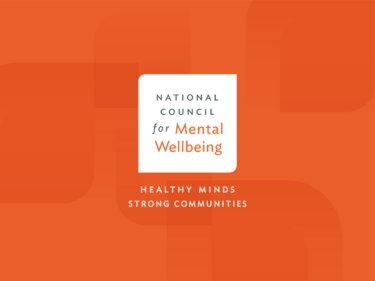Getting Candid: Practical Guidance for Framing the Conversation Around Youth Substance Use Prevention
Engaging young people in conversations related to substance use prevention can be challenging, even for the most experienced professionals. While youth said they trust health care providers for accurate information about substance use, only 7% ranked providers as the most comfortable to speak with (Sloyer et al.).
Learn how to create the space for meaningful conversations by attending a free 90-minute workshop. Getting Candid: Framing The Conversation Around Youth Substance Use Prevention Message Guide and Toolkit from the National Council, with support from the Centers for Disease Control and Prevention, will increase provider confidence and skill in youth prevention conversations. This virtual workshop includes engagement strategies for building trust, gleaning insights and framing conversations around substance use prevention, as well as updates to the foundational project research, substance-specific messages and newly released resources.
Learning objectives
Webinar attendees will:
- Learn how to frame conversations and deliver substance use prevention messages to youth. The guidance provided can also be used for eliciting change for other health behaviors.
- Understand the role of building rapport and trust with youth when delivering messages and discussing health related behaviors.
- Gain implementation strategies for putting the message guide and toolkit into practice.
Register for the workshop Sept. 7, 1:30-3 p.m. ET, so you don’t miss this exclusive opportunity to join your peers in learning about and engaging with substance use prevention messaging for youth.
Questions? Contact GettingCandid@TheNationalCouncil.org.
Reference
Sloyer, W., Stark, A., Halliday, T., Pietruszewski, P., Woods-Razaa, J., & Peterson, F. (2023, Feb. 9). Key findings: Insights into effective substance use prevention messaging for youth. National Council for Mental Wellbeing. https://www.thenationalcouncil.org/resources/cdc-key-findings/
This project is supported by the Centers for Disease Control and Prevention (CDC) of the U.S. Department of Health and Human Services (HHS) as part of a financial assistance award totaling $1,500,000 with 100% funded by CDC/HHS. The contents are those of the author(s) and do not necessarily represent the official views of, nor an endorsement, by CDC/HHS or the U.S. Government.

